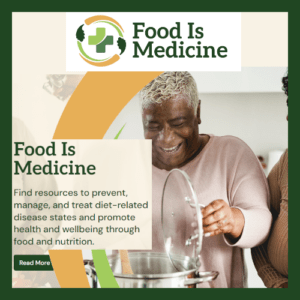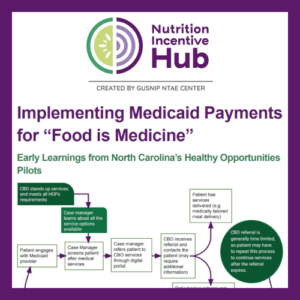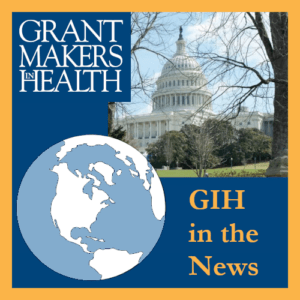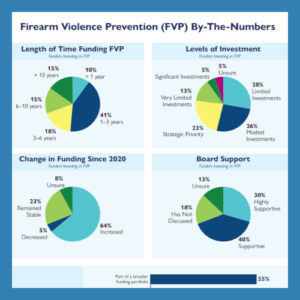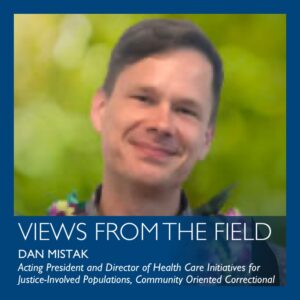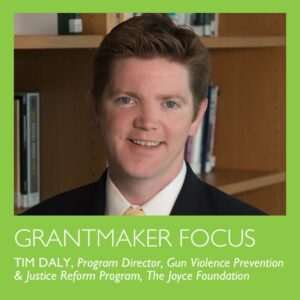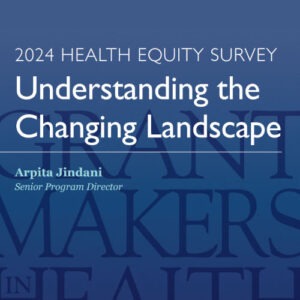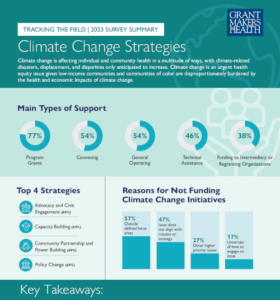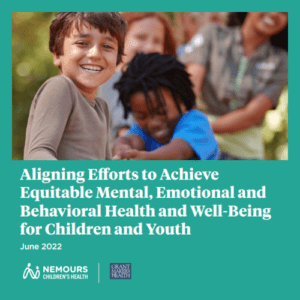Upcoming Events
Past Events
Featured Resources
New America Report Examines Subminimum Wage for Disabled Workers
Under the Fair Labor Standards Act, employers are allowed to pay disabled workers less than the federal minimum wage, which has significant impacts on these workers’ health and well-being. A report from New America examines, state by state, the policies that drive the use or elimination of the subminimum wage, as well as the programs each state provides to more comprehensively support individuals with disabilities as they seek meaningful employment and fair wages.
HHS Launches New Food is Medicine Virtual Toolkit
The Toolkit was developed in response to the National Strategy on Hunger, Nutrition, and Health and to support communities design and implement effective Food is Medicine interventions.
Case Study Examines Early Learnings in Using Medicaid Payments for Food is Medicine
A new resource commissioned by the Fair Food Network examines the early learnings from the Healthy Opportunities Pilots effort in North Carolina to use federal 1115 Medicaid Demonstration Waiver funding to scale and sustain community-based implementation of a combination of produce prescription programs, medically tailored meal programs, and nutrition education.
Explore Health Equity and Social Justice Topics
Recent Items - Climate and Environmental Health
The Health Sector is a Critical Voice in Climate Advocacy
Recent Items - Health Equity
Recent Items - Healthy Eating/Active Living
Recent Items - Housing
Marin Community Foundation: October 2024
Horizon Foundation: September 2024
Recent Items - Justice Reform
Recent Items - Social Determinants of Health
Marin Community Foundation: October 2024
Recent Items - Violence Prevention
The Joyce Foundation
Latest Resources
An Unprecedented Health Challenge Working with Border Communities
The Paso del Norte region is experiencing an unprecedented public health challenge – over the past three years, more than 8,000 individuals were murdered in Ciudad Juárez.
Creating Common Ground: Working Together for Food Systems Change
A growing number of segments of the philanthropic community are paying attention to the food system and its interconnectedness with other major health, environmental, justice, and community issues.
Ingredients for a Healthy School Lunch Movement
From a comfortable distance, the solution to the childhood obesity problem sounds deceptively easy: children need to move more and eat healthier foods. Yet, as you examine the many causes of childhood obesity, the simple solution is not quite as simple as it sounds. Encouraging children to adopt healthy habits is challenging because unhealthy eating and sedentary lifestyles are engrained in our culture.
Healthy and Safe Housing: A Foundation for Healthy Futures
The link between housing and health is well known and well established. Efforts to improve public health through housing improvements go back to the origins of the public health movement.
Health Reform: Time for a Paradigm Shift
There is no question that health reform is crucial. To attain true health reform, however, we need to focus on keeping Americans healthier in the first place and not just treating them after they become sick. If we want to improve the health of the communities we serve, of an entire state, or of the entire nation, we need to act upon the fact that our health is shaped far more by the places we live, learn, work, and play than by what happens in clinics and hospitals (Robert Wood Johnson Foundation 2008).
HIV/AIDS and Women of Color: Changing the Conversation
For the past decade, HIV/AIDS-related conditions have been the leading cause of death for African-American women ages 25-34 in the United States (CDC 1999). Over the past two decades, our local foundation has seen this national epidemic take root in our local community in Washington, DC, where we now have 10 times the rate of HIV/AIDS per capita compared to the rest of the country.
Reports and Publications
2024 Health Equity Survey: Understanding the Changing Landscape
In 2024, Grantmakers In Health (GIH) surveyed its Funding Partners to understand how their health equity work has evolved. The survey consisted of 40 questions including demographic information, program focus areas, partner engagement, organizational strategy, priority population, successes, and challenges. This report summarizes findings from the Health Equity Survey titled, “Understanding the Changing Landscape.”
2023 Survey Summary: Climate Change Strategies
This infographic summarizes the responses to a Grantmakers In Health funder survey, conducted in May and June 2023, on how philanthropy is addressing climate change, and the barriers and opportunities that exist to support climate-related efforts.
Aligning Efforts to Achieve Equitable Mental, Emotional, and Behavioral Health and Well-Being for Children and Youth
This report issues a call to action for philanthropic organizations and public-sector partners that are ready to move forward in improving mental, emotional, and behavioral health. It describes existing philanthropic and federal initiatives and offers a potential portfolio of aligned strategies for private- and public-sector partners to consider.
Strengthen your knowledge, skills, and capacity.
GIH focuses our programming around five areas that are critical to achieving better health for all.
We invite you to explore the resources available on our focus areas pages, browse content in more specific issue areas, and to connect with GIH staff to discuss how we can partner and support your work.


